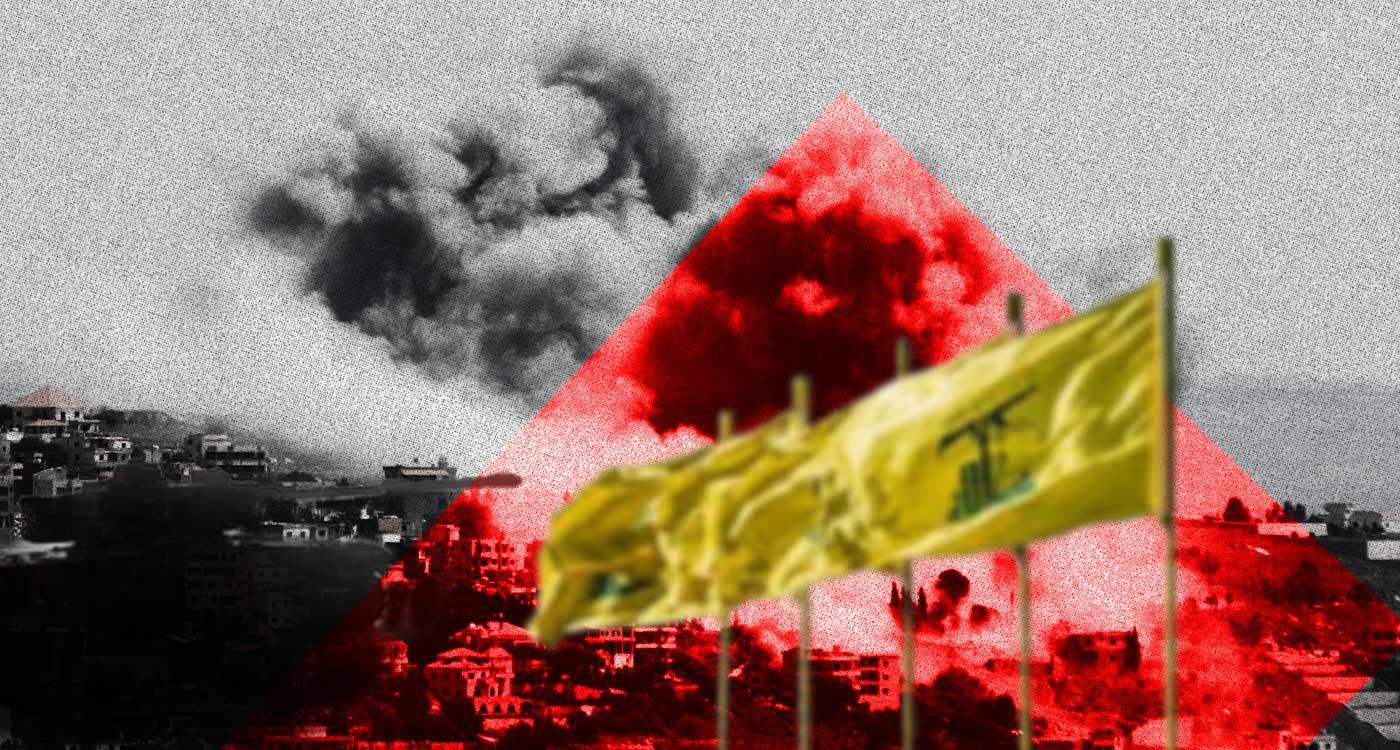
Eight months after the Presidential election and the formation of a new cabinet, Lebanon is still debating the decommissioning of Hezbollah and the restoration of the state’s sovereignty. The constitutional terms and the international mandates were not enough to sway the recalcitrance of the government, to dissuade Hezbollah and to stop the Israeli military inroads. The truce signed between the Israeli and Lebanese governments has not yet yielded the awaited tangible results in terms of cessation of hostilities, settlement of border issues and normalization of life astride borders.
What’s the rationale beyond these cumulated impasses, and is there any possibility to overcome them? The doublespeak and the procrastination modus operandi are not accidental, they reflect the political ambiguity and its underlying subtexts: these political interims are delaying tactics designed to outmaneuver the international mandates and set a limit to constitutional governance. Hezbollah and its Iranian mentor have no interest in political normalization and are quite determined to derail any political process running athwart.
The late decisions of the Lebanese cabinet, however relevant from a constitutional perspective, are still awaiting reality check. To whichever respect, they are likely to be enforced and sustain over time in the absence of an overarching political vision aiming at the establishment of a final peace between Israel and Lebanon. Manifestly, the Lebanese side is not interested by any means, whereas its Israeli counterpart yearns earnestly for a negotiated peace and the American umpire looks at it from the broader perspective set by the Abraham accords.
The murkiness of the political statement on the Lebanese side reflects its inherent political ambiguities and its ideological irredentism insofar as the normalization with the state of Israel. The sheltering behind technical considerations betrays moral and political equivocations that are inevitably undermining the tactical military objectives. One wonders to whichever extent this sort of political maneuvering is likely to sustain its course and pave the way for gradual stability and open up the political landscape for broader peace prospects.
The political context in Gaza likens the Lebanese one, since both of them are held hostages to radical Islamists who have deliberately engaged in open-ended and nihilistic conflict courses. Aside from the fact that their professed Islamic totalitarianism questions the very possibility of negotiated conflict resolution. The repeated failures of negotiations between Israel and the Hamas terrorist group accounts for the undue lingering of this murderous conflict and its radiating effects.
The politics of enduring conflicts, intentional victimization and instrumentation of the urban landscapes and civilian infrastructures have muted Gaza into a hostage-taking platform and a replica to the Lebanese scenario which transformed Lebanon into a sequestered political space harnessed to the overriding Iranian political agenda and its power projections. The failed late negotiations in Gaza unveil the moral perversions of this murderous ideology, which remains totally blind to the suffering of the civilian population and adamant about dragging it in every direction.
The nihilistic overtones of the conflict are quite manifest and averse to political realism and a negotiated end to this conflict. The inherent moral perversions prevailing in both cases account largely for the protracted hostilities, their lethality and their devastating humanitarian and political consequences. Israel has no interest whatsoever in engaging the third year of war and take the brunt of its military, political and moral toll. What has prevented it from finishing off with this bloody trap is the fate of its remaining hostages, otherwise, this war should have ended at its inception. The Solomonic dilemmas are still hovering in both cases, and so are the strategic challenges.
The Lebanese have to review their political priorities and put an end to their unending political dithering. Lebanon cannot afford anymore a state of institutionalized impasse and overlook its deleterious and compounded consequences. The Shiite community has to opt out of this murderous political dystopia and its ravaging consequences. The humane, political, economic and moral costs are hardly manageable at this stage when the strategic pillars have withered and ceded way to a state of chaos, nihilism and civil war.
This community has to break away from its past and its delusions after a long interlude of diffuse moral delinquency, trivialized terrorism and economic criminality. Otherwise, Lebanon has no chance to regain a state of normality, rebuild its institutions and secure its geopolitics. Lebanese communities shall have to find their way to constitutional re-engineering or new geopolitical configurations. The politics as usual script is obsolete, and the overweening power projections have come to an end. The appeal for political realism has become more compelling.
The situation in Gaza is at a crossroad, the Palestinians of Gaza have to prepare for a post-Hamas era, and Israel has to find its way out of this quagmire. The only obstacle is the survival of the remaining hostages and the road to take to reach this objective. The fate of the Palestinians in Gaza depends on the ability of the Palestinian authority to outmaneuver Hamas, restore its legitimacy and engage the international community as their legitimate representative.
Israel has to ponder its choices and set a time frame for ending this war and reengage the international community on the basis of a comprehensive solution. Its strategic advantages should be turned into a renewed political leverage which enables it to disentangle itself from the lingering traps of unitary statehood and its statutory ambiguities, and the travails of a long haul conflict. The separation between the two national groups should find its way into new national configurations.




Comments